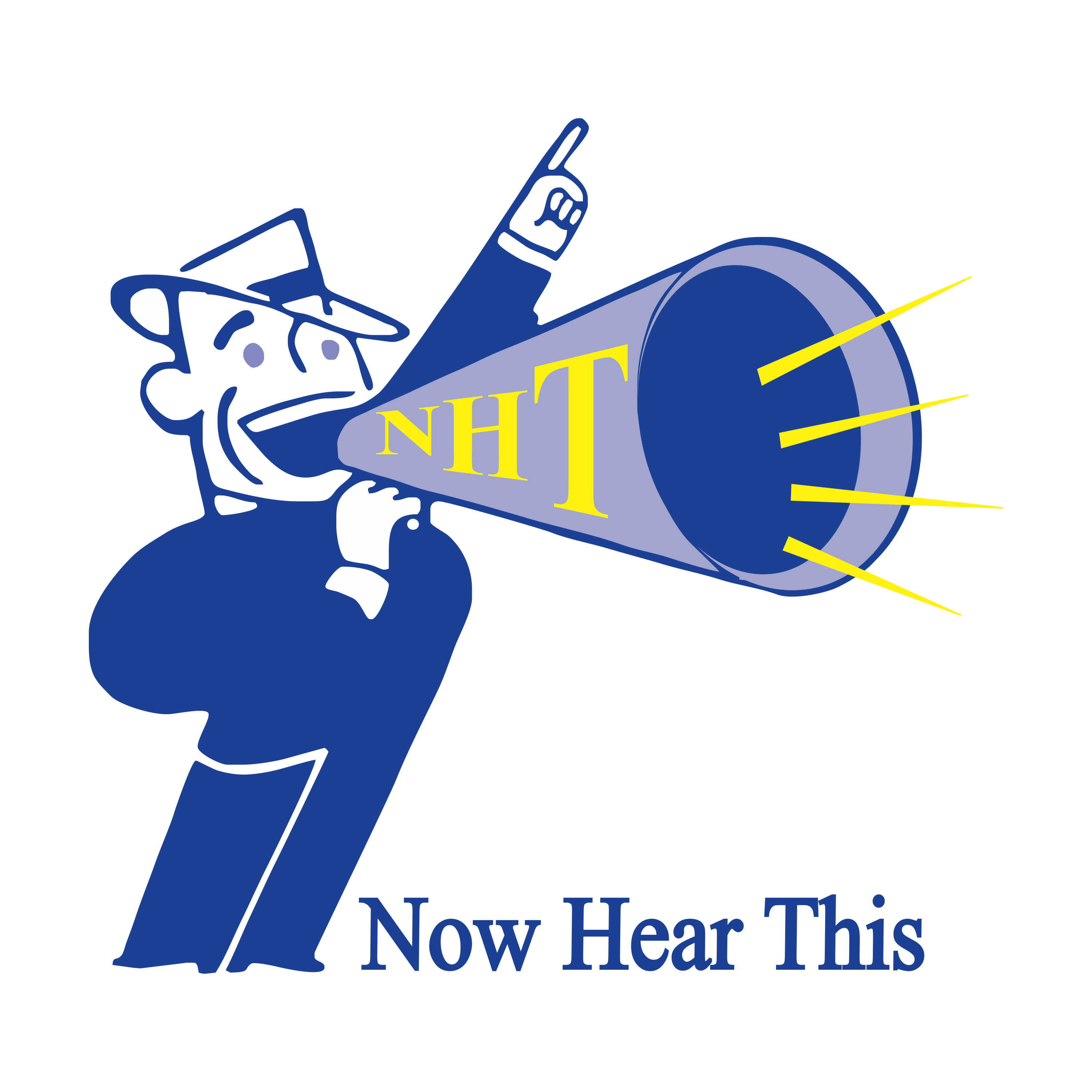
I’m working with someone who recently started a podcast. An episode of theirs got released on time, yet there were some technical issues very late in production that resulted in it being put out with audio quality that isn’t at the same level as those before and after it. You either get it out on schedule with sound that you’re not one hundred percent satisfied with, or it sounds the way you want it to but it’s late.
I have heard people make the argument that when it’s early in the game it’s not as big a deal since you’re still building your audience. In other words, there’s not a massive throng of people that are listening who could potentially question the quality of what they’re hearing.
My argument back to that would be that once people latch on to content that they like, there’s a very good chance they’re going to go back to consume what came before it that they missed. This can range from an audio podcast to a YouTube show to a TikTok channel to even Instagram posts. So, while you might’ve “gotten away with it” early, it could be discovered later.
| Related posts: |
| Beware of Too Much of a Good Thing |
| Link (to Wasted Space) in Bio |
| Three Social Media Practices That Leave Me Scratching My Head |
Funny enough – and not for audio quality reasons since I was going to a recording studio – I often say that I wouldn’t want to go back and hear what my weekly “Now Hear This Entertainment” podcast sounded like when I first started more than nine-and-a-half years ago. Yet, I do still see (in my show’s analytics) listeners downloading episodes from way back before I even hit the 100 mark.
The lesson in this week’s blog, kids, is to spend some time thinking about if you really want to release something that you know has some flaws.
Dominick Pages, the guest from NHTE 56 and NHTE 8 has talked about “the five percenters.” He’s referring to the truly qualified audiologists who are going to hear what the 95 percenters will miss. That said, you shouldn’t use it as your excuse to say, “Eh, it’s okay. Only I’m going to know.”
I was working with an artist who released a single and I heard (gulp) more than one shortcoming in the recording. If you’re sending your music out to radio (and why wouldn’t you be), do you really want to give them something that doesn’t stack up against the submissions that they’re getting from top studios that have polished engineers?
It’s kind of like proofreading a book you’re about to publish and spotting a last-minute typo or two and saying, “Eh, it’s good enough.”
Credibility is at stake here, folks. My opinion of a news organization starts to go down the more I see typos, grammatical errors, or even factual mistakes. The same can happen to you if your quality control isn’t up to par.
YouTubers, you’re not off the hook. If your edits aren’t clean or if your dog keeps walking in and out of the shot, eventually some viewers are going to furrow their brow. While this might seem like a bit much, in this day and age where audience retention is as important as audience building, you don’t want to give your followers a reason to stop consuming your content.
To my fellow podcasters, yes, there’s AI now that can clean up your audio, but instead of counting on that to bail you out, have the awareness right during your recording. If there’s an offensively loud car going by outside while you’re recording, pause, let that fade away (altogether), and then resume. If you think, “No one is going to hear that (or complain),” then you just gave yourself permission to allow it another time and another time, or other intrusions like it. It’s not too different from my blog last week where I warned about the trap you can fall into when you think it’s okay to miss an episode of your podcast and how much easier that makes it to do so again. And that’s why two days from now I’ll release the 506th consecutive episode of my weekly podcast.
Remember, despite the voices in your head trying to convince you otherwise, people are listening to your podcast or your music, or they are watching your YouTube videos, and you want them to tell others about how much they enjoy what you create – not about the shortcuts that you take.
For close to 20 years I’ve been helping folks across the U.S. from indie music artists to authors, entrepreneurs, actors and filmmakers, small business owners, and podcasters. Let’s jump on a call and talk about what you’re doing and where you’re trying to get to. Take advantage of all my years of experience to ensure that you’re pointed in the right direction. I’ll look forward to chatting with you!
